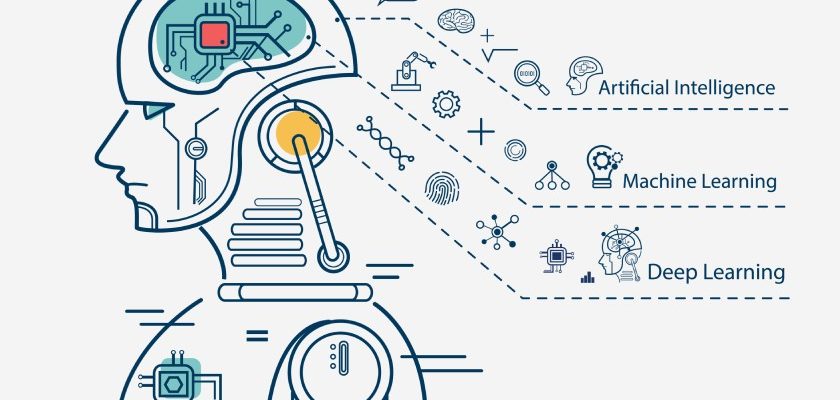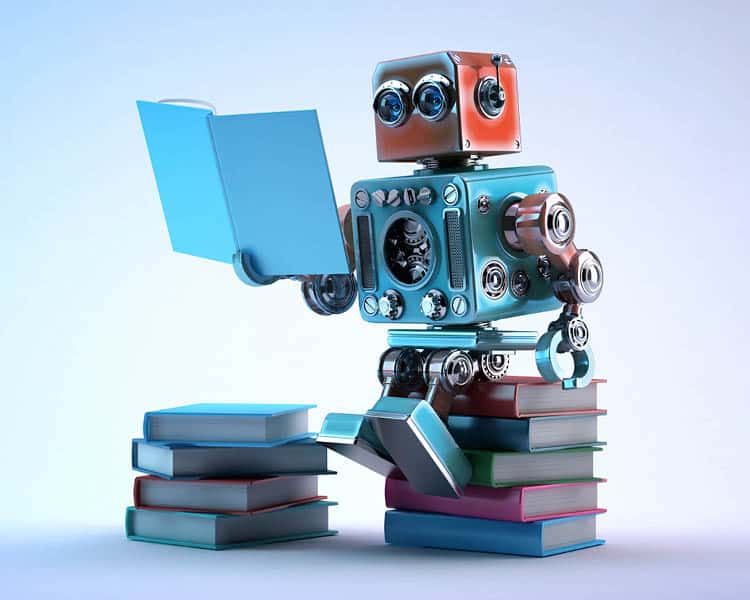Machine learning vs. artificial intelligence
Machine learning (ML), as well as artificial intelligence (AI), are often used interchangeably by the general public, but this isn’t the case. ML is an effective route to AI (AI). Fundamentally, artificial intelligence is a computerized simulation of human intellect. The topic of artificial intelligence study was formed in 1956 during a meeting held at Dartmouth College. Individuals have been researching it for years. Simple to very complicated methods is included under this umbrella. A machine can never taste defeat at tic-tac-toe if one simply embeds a series of simple rules. This is a fundamental principle behind artificial intelligence. However when it pertains to “machine learning,”, a computer essentially teaches itself how to do something.
How do machines learn?
It is possible to teach robots to operate on their own in several methods. For this post, I’m concentrating on deep learning, which has led to a number of notable important achievements (including Google’s DeepMind’s usage in AlphaGo, for example). Artificial neural networks (ANNs) are at the heart of deep learning. The human mind is by far the finest teaching method we’ve ever experienced, so let’s see if we can get machines to understand in the same manner. To put it simply, neural networks are a statistical model of the real brain’s workings. Moreover, they’re really powerful.
Why is this important?
Artificial intelligence (AI), as well as machine learning, have both been available for some time. The pace of acceleration, on the other hand, has just begun to soar, surprising many experts. Most analysts predicted that it would take 10 years before a computer could defeat the finest Go players of all time. They were proven false by DeepMind. In the not-too-distant tomorrow, many functions that were formerly regarded to be exclusively the province of people would be handled by machine learning algorithms, even if not permanently.
It’s important to note that AI has the potential to provide enormous advantages to the human race if it is implemented properly. It’s a future in which technological advancements make all that happened before appear like a time warp in comparison to what’s to come. Nevertheless, the road to this transformation in cost productivity will be littered with failed enterprises and rejected draughts that are filled with underreporting of what we as a civilization believe is technically achievable Unlike any other invention, machine learning — the technology outlined above and many others like it — is destined to fundamentally alter the way people interact with the world.

